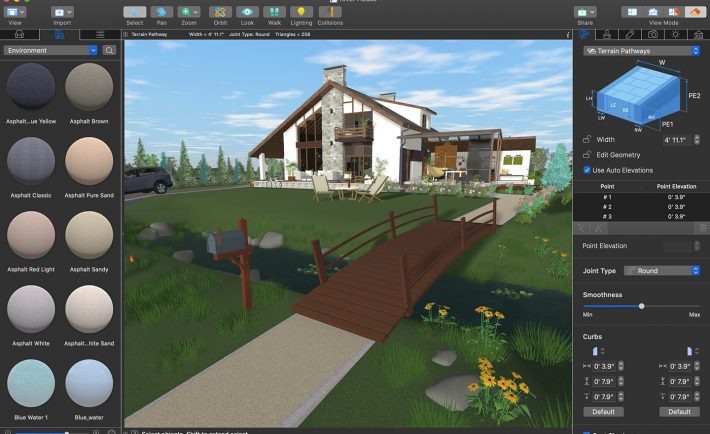The bustling nature of today’s construction industry calls for an approach that marries speed with precision, a demand that modern home builder software has magnificently met. These solutions are not mere tools but strategic assets that propel home-building processes forward, ensuring that projects are completed within the necessary timelines and adhere to rigorous quality standards. This comprehensive exploration will discuss how software has become the linchpin in the construction industry’s ongoing evolution.
The Need for Digitization in Home Building

As cities expand and the demand for new homes spikes, the construction industry has reached a crucial inflection point where digitization is beneficial and necessary. The digitization of construction-related processes has ushered in a new era of transparency, traceability, and efficiency. Firms that embrace these digital advancements can streamline their operations, reduce labor costs, and markedly improve the turnaround time of projects – essential qualities in an industry that’s as competitive as ever.
Key Features of Home Builder Software
Modern home builder software is rich with features that tackle the multifaceted nature of construction projects. These include sophisticated design tools for accurate blueprint creation, scheduling systems that simplify project timelines, and material resource planning functions that align procurement with project needs. Furthermore, comprehensive document management systems ensure that every stakeholder can access the latest versions of necessary documents, decreasing the likelihood of costly misunderstandings or delays.
The Benefits of Adopting Technology in Construction
The benefits of implementing advanced technology in construction workflows are manifold. Contracting companies can improve profit margins by reducing waste and curbing avoidable delays. More importantly, technology’s accuracy in budgeting and estimates helps earn client trust and ensure repeat business. Enhanced worker safety, through improved planning and risk assessment tools, also comes with the digital territory, aligning construction firms with best safety practices.
Optimizing Efficiency and Reducing Waste
Technology enables lean construction techniques, allowing builders to adopt green practices that minimize resource waste and maximize project value. Builders can optimize project workflows, reduce material overuse, and maximize human and equipment resources by leveraging integrated software. Such thoughtful resource management is not only environmentally conscious but also economically prudent.
How Software Facilitates Better Project Management
Whether a luxury residence or an affordable housing complex, well-executed project management is at the heart of successful home building. Software designed for this sector provides project managers with a comprehensive view of project statuses, helps preemptively address potential issues, and boosts productivity through automation. Additionally, the accessibility of cloud-based solutions gives project managers the flexibility to supervise and steer projects remotely, a feature that has proven invaluable in recent times.
Collaboration Tools and Their Impact on Building Projects
What was once an industry siloed by trade and specialization is now a model of cross-functional collaboration. Tools that promote open communication lines and timely information sharing are critical in today’s construction environment. These collaboration tools are embedded within software frameworks, enabling architects, engineers, and builders to work together more effectively and make well-informed and timely decisions. This cohesiveness often results in a higher final product standard—and a reduction in the typical friction points that can arise during construction.
Data Analysis and Reporting for Improved Decision-Making
The power of data must be balanced in the construction industry. Homebuilder software provides a rich bed of data for analysis, from granular tracking of material costs to overseeing labor productivity. Modern software solutions have reporting and business intelligence functionalities that distill this vast data into digestible, insightful reports. Such informed decision-making leads to continuously improved practices and a more robust bottom line.
Future Trends: Innovation and Software Development
The horizon is brimming with possibilities concerning the future of home-building software and technology. We already see advancements such as augmented reality for better visualization of projects and the Internet of Things (IoT) for more intelligent, responsive construction sites. Artificial intelligence and machine learning algorithms are being explored to predict project risks and optimize schedules, necessitating industry professionals to stay informed and agile in adapting these innovations into their workflow.
